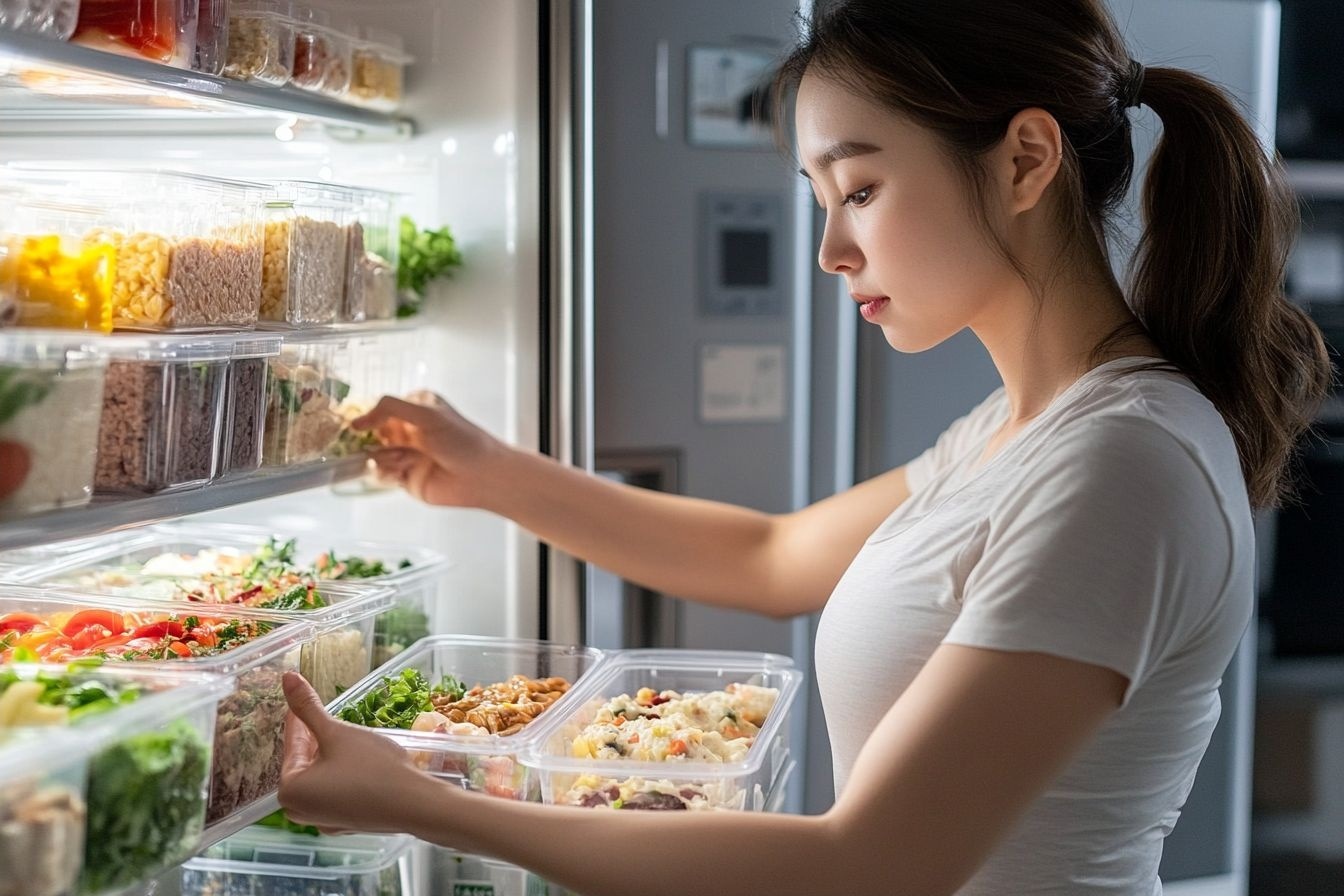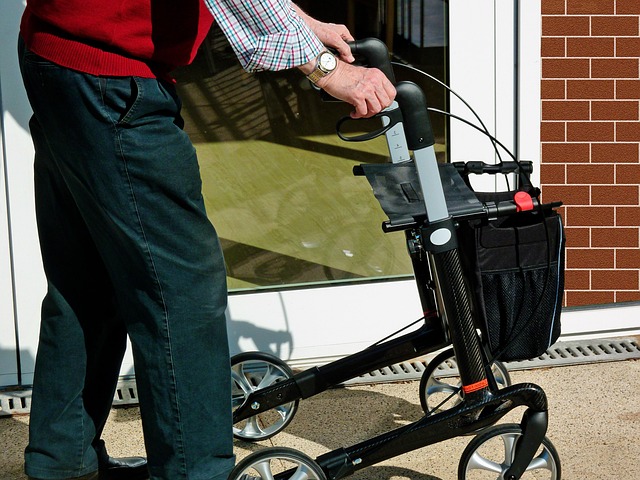Meal Delivery Solutions for Seniors: Enhancing Nutrition and Independence
As we age, maintaining proper nutrition becomes increasingly important, yet it can also become more challenging. Meal delivery services tailored for seniors offer a convenient and reliable solution to ensure elderly individuals receive the nourishment they need. These services not only provide healthy, balanced meals but also contribute to maintaining independence and quality of life for older adults.

Moreover, these services can be tailored to meet specific dietary requirements, such as low-sodium, diabetic-friendly, or heart-healthy options. This personalization helps seniors manage chronic health conditions through proper nutrition. Additionally, regular meal deliveries can reduce the risk of malnutrition, a common concern among the elderly population.
What types of meals are typically offered for seniors?
Meal delivery services for seniors usually provide a diverse range of options to cater to various tastes and nutritional needs. Most services offer breakfast, lunch, and dinner choices, as well as snacks and desserts. The meals are often designed with input from nutritionists and dietitians to ensure they meet the specific nutritional requirements of older adults.
Common meal options include protein-rich dishes like grilled chicken or fish, accompanied by a variety of vegetables and whole grains. Soft food options are also available for seniors with dental issues or difficulty chewing. Many services rotate their menus regularly to provide variety and prevent meal fatigue. Some even offer cultural or regional cuisine options to cater to diverse preferences.
How do seniors choose the right meal delivery service?
Selecting the appropriate meal delivery service involves considering several factors. First, seniors or their caregivers should evaluate the nutritional content of the meals offered. Look for services that provide balanced meals with appropriate portions of protein, vegetables, and carbohydrates. It’s also important to check if the service can accommodate any specific dietary restrictions or preferences.
Flexibility in meal plans is another crucial aspect. Some seniors may require daily deliveries, while others might prefer weekly or bi-weekly options. The ability to easily modify or cancel orders is also beneficial. Additionally, consider the delivery schedule and whether it aligns with the senior’s routine and availability.
Cost is often a significant factor in choosing a meal delivery service. While prices vary depending on the provider and plan selected, many services offer competitive rates, especially when compared to the combined costs of groceries and meal preparation time. Some providers may also accept certain forms of insurance or offer discounts for long-term commitments.
What are the delivery and storage considerations for senior meal services?
When opting for a meal delivery service, it’s essential to understand the delivery process and storage requirements. Most services deliver meals in insulated packaging to maintain freshness during transit. Some provide fresh meals that need to be refrigerated immediately, while others offer frozen options that can be stored for longer periods.
Seniors or their caregivers should ensure they have adequate refrigerator or freezer space to store the meals properly. It’s also important to check the delivery schedule and make arrangements for someone to be available to receive the meals if necessary. Many services offer contactless delivery options, which can be particularly beneficial for seniors who are health-conscious or have mobility issues.
How do meal delivery services compare to other food options for the elderly?
Meal delivery services offer several advantages over traditional food options for seniors. Unlike grocery shopping and home cooking, these services eliminate the need for meal planning, preparation, and cleanup. This can be particularly beneficial for seniors with limited mobility or energy.
Compared to eating out or relying on fast food, meal delivery services generally provide healthier, more balanced options. They also offer the convenience of enjoying meals at home without the need to travel. While some may argue that meal delivery services are more expensive than cooking at home, when factoring in the cost of groceries, potential food waste, and the value of time and effort saved, they can be a cost-effective solution for many seniors.
Which meal delivery services are popular among seniors?
Several meal delivery services cater specifically to the needs of elderly individuals. Here’s a comparison of some well-known providers:
| Provider Name | Services Offered | Key Features/Benefits |
|---|---|---|
| Meals on Wheels | Hot meal delivery | Community-based, often subsidized, social interaction |
| Silver Cuisine | Prepared meal delivery | Doctor-designed meals, specialized diets available |
| Mom’s Meals | Fresh meal delivery | Medicaid/Medicare approved in some states, wide variety |
| Magic Kitchen | Frozen meal delivery | A la carte options, senior-specific meals |
| HelloFresh | Meal kit delivery | Cooking required, promotes activity, fresh ingredients |
Prices, rates, or cost estimates mentioned in this article are based on the latest available information but may change over time. Independent research is advised before making financial decisions.
Meal delivery services have become an invaluable resource for many seniors, offering a convenient and reliable way to maintain proper nutrition. By providing balanced, tasty meals tailored to individual needs, these services contribute significantly to the health, independence, and quality of life of elderly individuals. As the population ages, the importance and variety of such services are likely to grow, offering even more options to support seniors in their nutritional needs.






